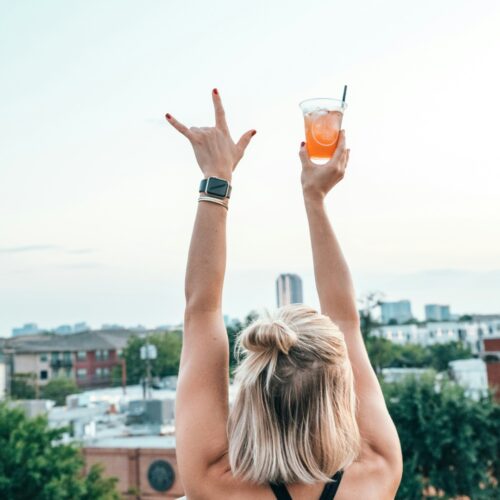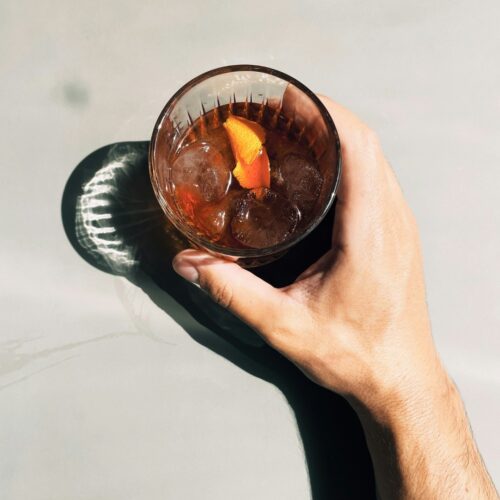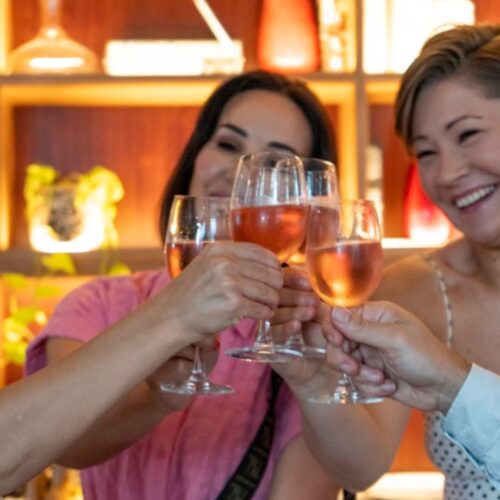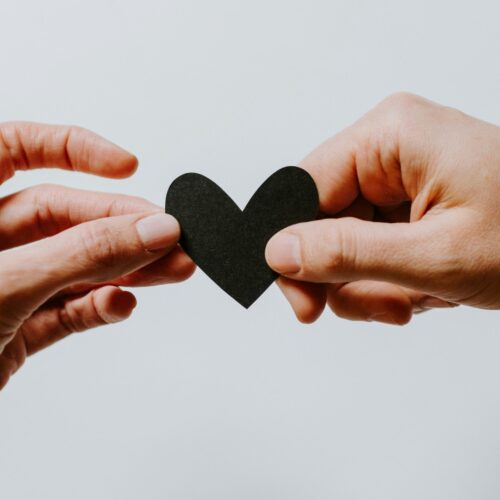- Emily Syphas
- July 6, 2020
Question time with Lazarus Letcher
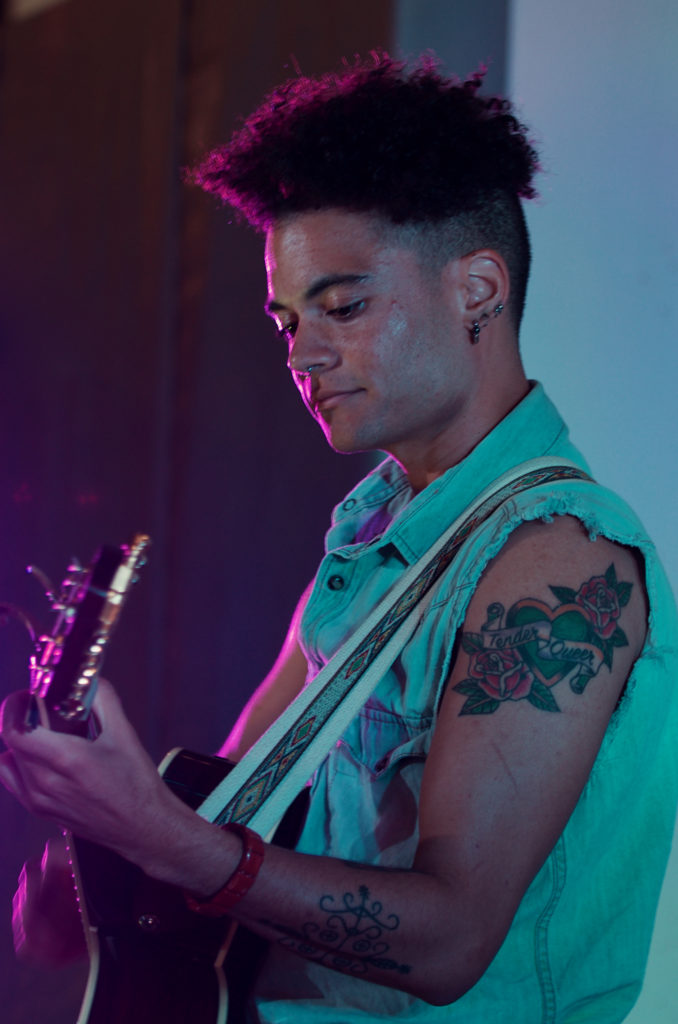
Lazarus Nance Letcher was born in raised in the Midwest. They’ve been performing for over twenty years, and love nothing more than sharing the story of their people over the swell of strings. They currently live on ancestral and unceeded Tiwa land also known as Albuquerque, New Mexico. Laz is pursuing a PhD in American Studies with a focus on folklore, Black liberation, and queer and trans studies. They teach Introduction to Peace Studies, covering liberation movements and resistance efforts. They’ve written about topics like transgender and Two-Spirit migration, intersectional approaches to addiction and recovery, Black and Indigenous solidarity in liberation movements, and transgender connection/kinship through folklore. They give presentations like LGBTQ 101s with an emphasis on settler colonialism and white supremacy. Laz is also a sexuality educator, wishing and working for a world where we all get what we desire.
How long have you been sober?
I’ve been sober for 2.5 years.
Tell us about your work?
I’m finishing my Ph.D. in American Studies and teaching inside and outside the academy. My work centres Black trans voices as a path to liberation from white supremacy and settler colonialism. I believe we’re in a beautiful moment of Black and Indigenous solidarity, especially with the LGBTQIA+ and Two-Spirit communities.
How have you found racism to be present in the treatment of BIPOC communities when it comes to recovery?
Racism and white supremacy still exist in recovery spaces. People often have a prepared narrative for me while it seems white folks in sobriety are allotted more space to be themselves and fall under the truth that addiction can strike anyone. A solid example of that is “the war on drugs” versus “the opioid crisis” – it was a war when the folks most affected were BIPOC communities and a health crisis once it began affected white folks. Recovery spaces are still predominantly white and follow models made by and for white cisgender men – I have found relief in these spaces at different times but I had to learn to take what works for me and to leave the rest. I’m grateful for the increase in affinity groups for recovery and find deep healing unpacking personal and generational trauma BIPOC only recovery spaces.
What advice would you give to sober communities if they want to be more inclusive of the BIPOC at LGBTQ+ communities?
To make spaces more welcoming to BIPOC and/or the LGBTQIA+ communities take a look at your group and the physical space where you meet. Could a nonbinary person like me use the bathroom? Do your materials use gendered language? Who founded your group, and what was the history of segregation that might lead to the separation in the rooms today? Are materials available in Spanish? Simple things like this can be signals to folks like me that we’re welcome in a space or group.
To follow their journey head to @l.nuzzle
